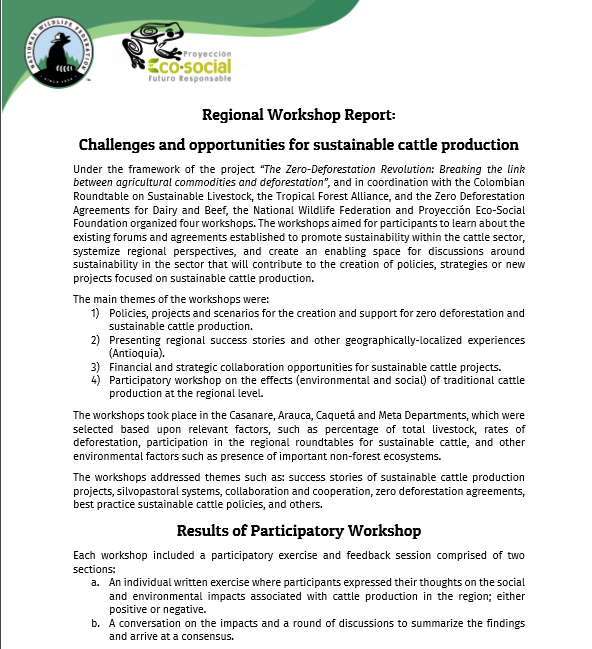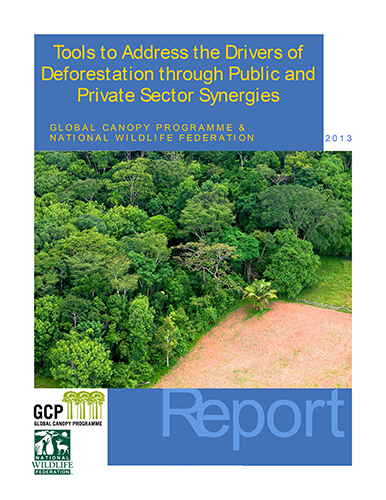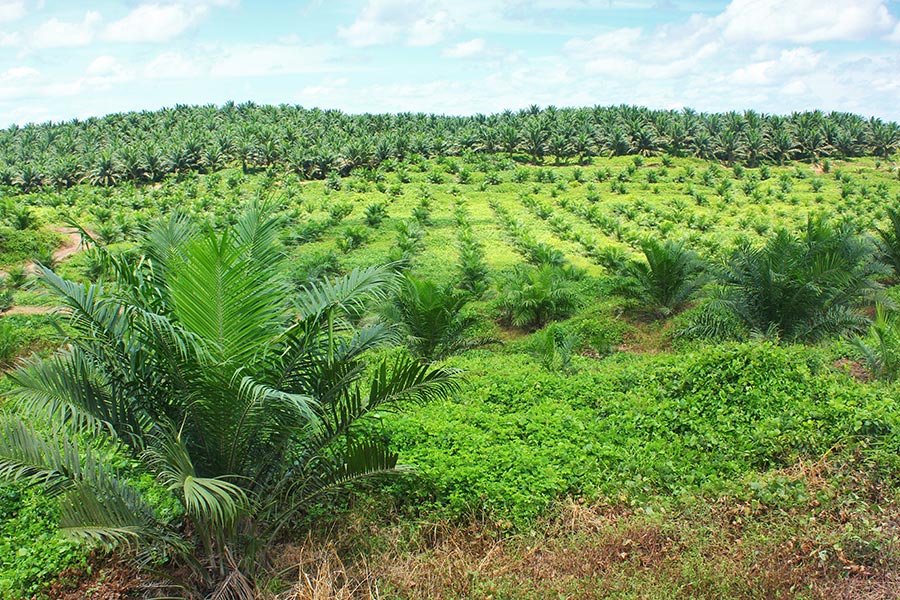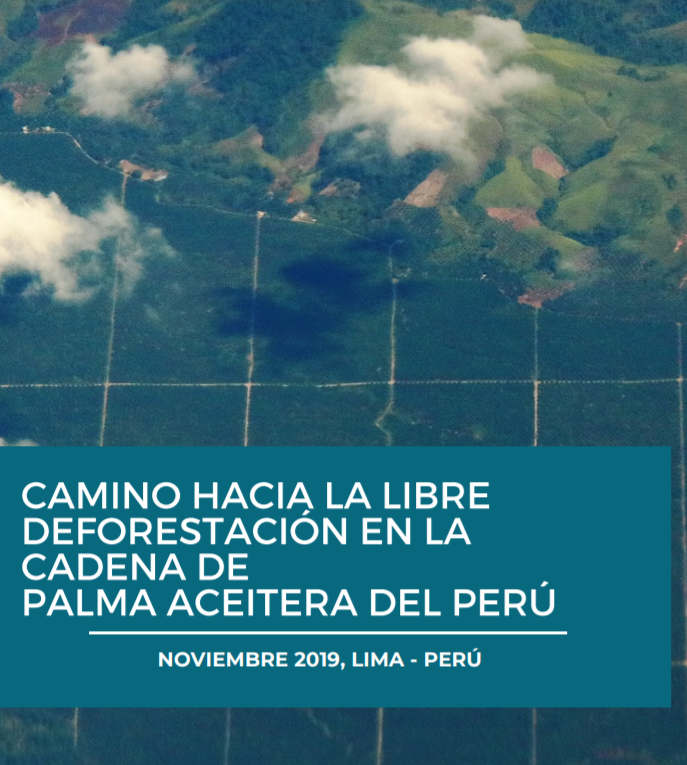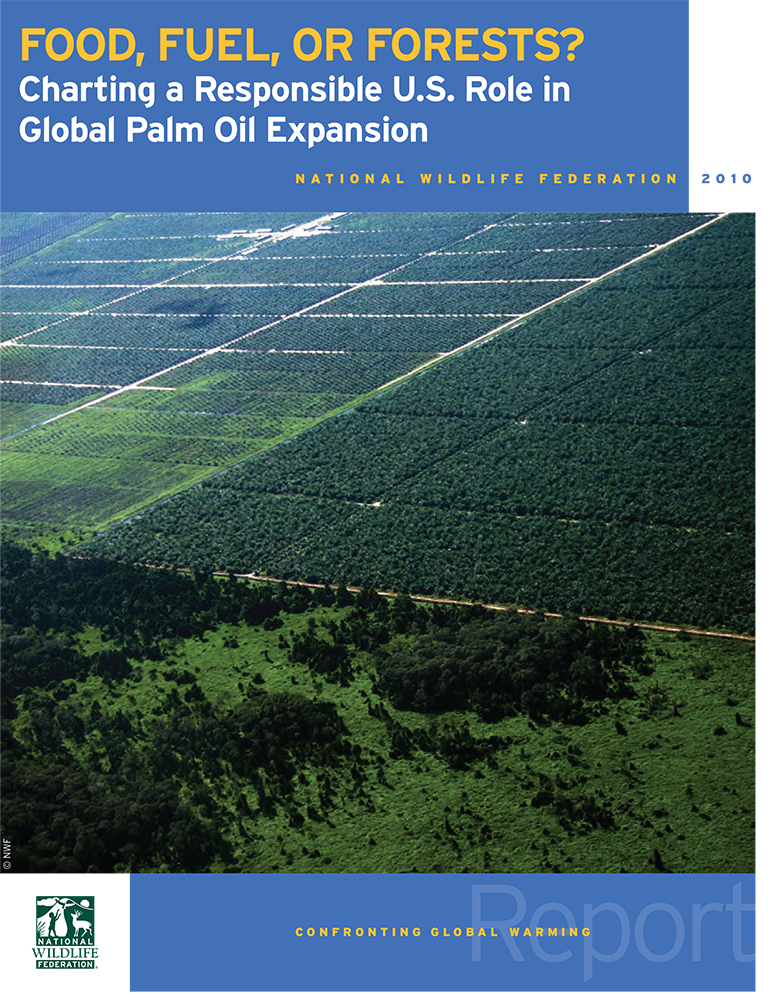This study published in the Proceedings of the National Academy of Sciences provides novel insight into how voluntary corporate sustainability policies can conserve tropical forests. We estimate that sustainability certification by the Roundtable on Sustainable Palm Oil (RSPO) significantly reduced deforestation in Indonesian plantations — but that the actual area conserved was surprisingly small. These findings demonstrate the potential value of certification as a tool for conservation, while highlighting what changes are necessary to improve on-the-ground impacts.
Palm oil – the world’s most heavily traded and consumed vegetable oil – is a common ingredient in many packaged food products, cosmetics, and detergents. It is also a leading driver of tropical deforestation, particularly in Southeast Asia, but increasingly in Africa and Latin America. In response, environmental and civil society organizations have pressured palm oil producers, traders, consumer goods manufacturers, and retailers to alter their respective production and sourcing practices to eliminate deforestation and human rights abuses. Certification has been one popular system used by companies to meet their sustainability commitments, in which third-party auditors ensure that producers follow a set of prescribed social and environmental practices. In 2017, about 20% of global palm oil production was certified by the Roundtable on Sustainable Palm Oil (RSPO). The RSPO prohibits the clearance of High Conservation Value areas and primary forest – but does not explicitly cover secondary forest. While this suggests some level of protection for forests and rare or endangered species, objective quantification of RSPO certification’s impact is lacking, and made difficult by a lack of spatially explicit plantation location data.
Using information extracted from publicly available plantation audit reports, we have developed a new database of RSPO-certified plantations in Indonesia, the leading producer of palm oil. Combined with annual remotely-sensed tree cover loss and fire occurrence (often used in land preparation) from 2001 to 2015, we estimate that RSPO certification significantly reduced – but did not eliminate – deforestation in Indonesian oil palm plantations by about 30% from what would have happened in its absence. However, because certification has focused on older plantations with little remaining forest, the actual area conserved was surprisingly small – just 21 km2. Certification did not affect fire occurrence nor the amount of carbon-rich peatlands cleared and drained for development.
While products bearing the RSPO label are less likely to contain palm oil produced on recently deforested land, changes are needed to improve on-the-ground impacts. For the RSPO to help meet corporate “zero deforestation” policies, it will need to adopt satellite-based monitoring of forest patches within plantations, and extend protections to secondary forests and all peatlands. For greatest impact, the RSPO should target oil palm production occurring on forest frontiers, instead of plantations developed long ago. In Indonesia, new incentives will be needed to encourage companies to proactively conserve forests, rather than simply avoiding deforestation.

